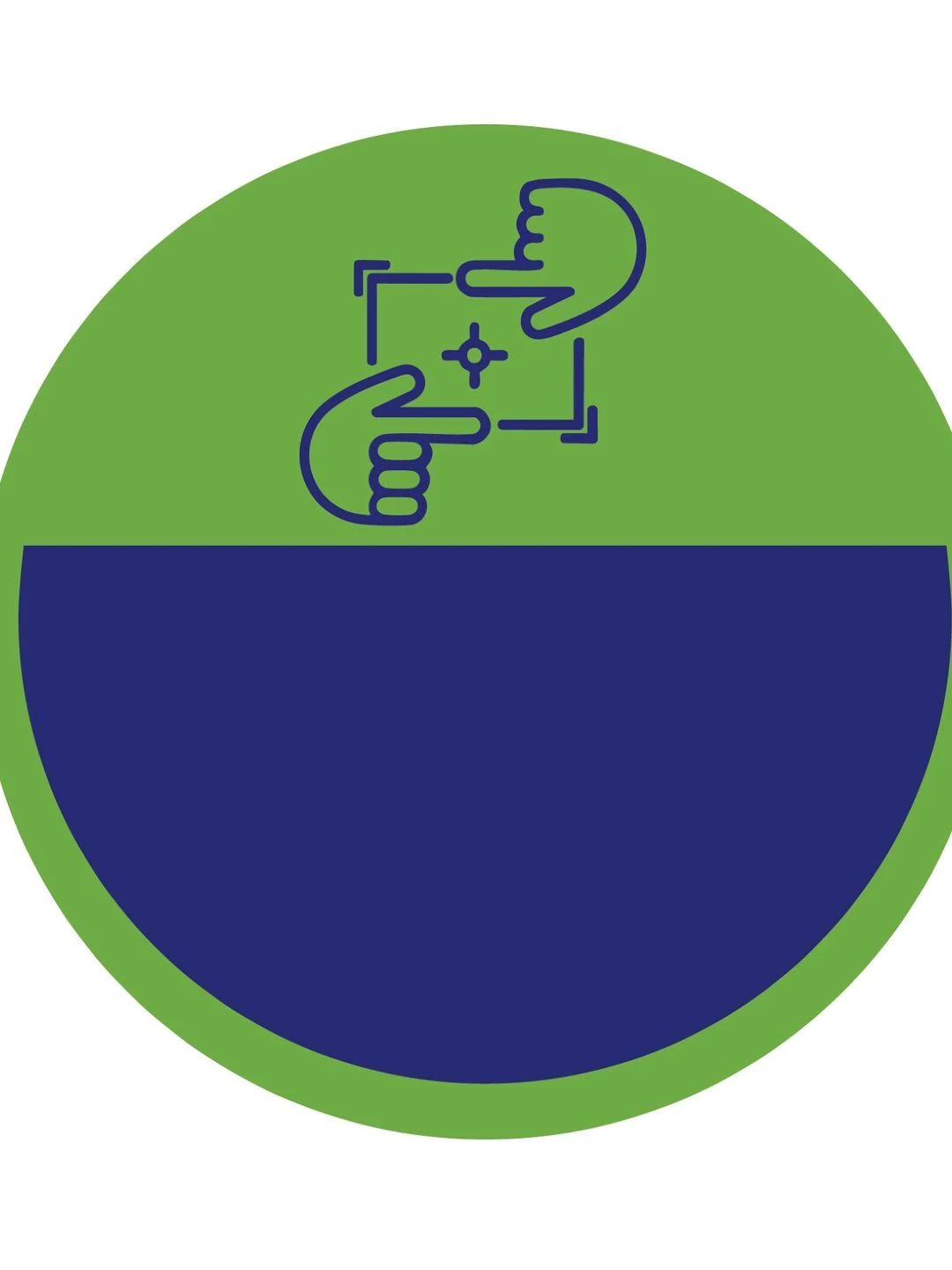Cognitive Reframing
Cognitive reframing in sports psychology is a mental technique that involves changing the way an athlete perceives or interprets a situation, thought, or experience, particularly negative or unhelpful ones, to create a more positive or productive mindset. It is based on the idea that how athletes think about a situation can influence their emotions, behaviors, and overall performance.
By identifying and challenging negative thoughts, cognitive reframing helps athletes shift their perspective to see challenges as opportunities for growth or setbacks as temporary learning experiences. For example, instead of thinking "I failed this test, so I'm not good enough," an athlete might reframe the thought to "This is an opportunity to learn and improve for the next time."
Key components of cognitive reframing in sports psychology include:
Identifying Negative Thoughts: Athletes become aware of unproductive or limiting beliefs, such as self-doubt, fear of failure, or frustration with performance.
Challenging the Thoughts: Once these negative thoughts are identified, athletes learn to question their accuracy and helpfulness. For instance, they might ask, "Is this thought based on facts?" or "How might I view this differently?"
Replacing with Positive, Realistic Thoughts: The negative or unhelpful thought is replaced with a more positive, constructive, or realistic one. This shift in thinking can boost confidence, motivation, and overall mental well-being.
Benefits of cognitive reframing in sports psychology:
Enhanced Resilience: Helps athletes bounce back from setbacks by viewing them as part of the learning process, rather than signs of failure.
Increased Focus: By reframing negative thoughts, athletes can avoid distractions and focus on what they can control, such as their effort and attitude.
Reduced Anxiety: Cognitive reframing helps manage performance anxiety by shifting focus away from fear of failure or pressure, instead emphasizing growth and effort.
Better Motivation: It encourages a mindset that views challenges as opportunities, promoting persistence and continued improvement.
In essence, cognitive reframing empowers athletes to take control of their mental game, fostering a mindset that enhances both performance and well-being.


